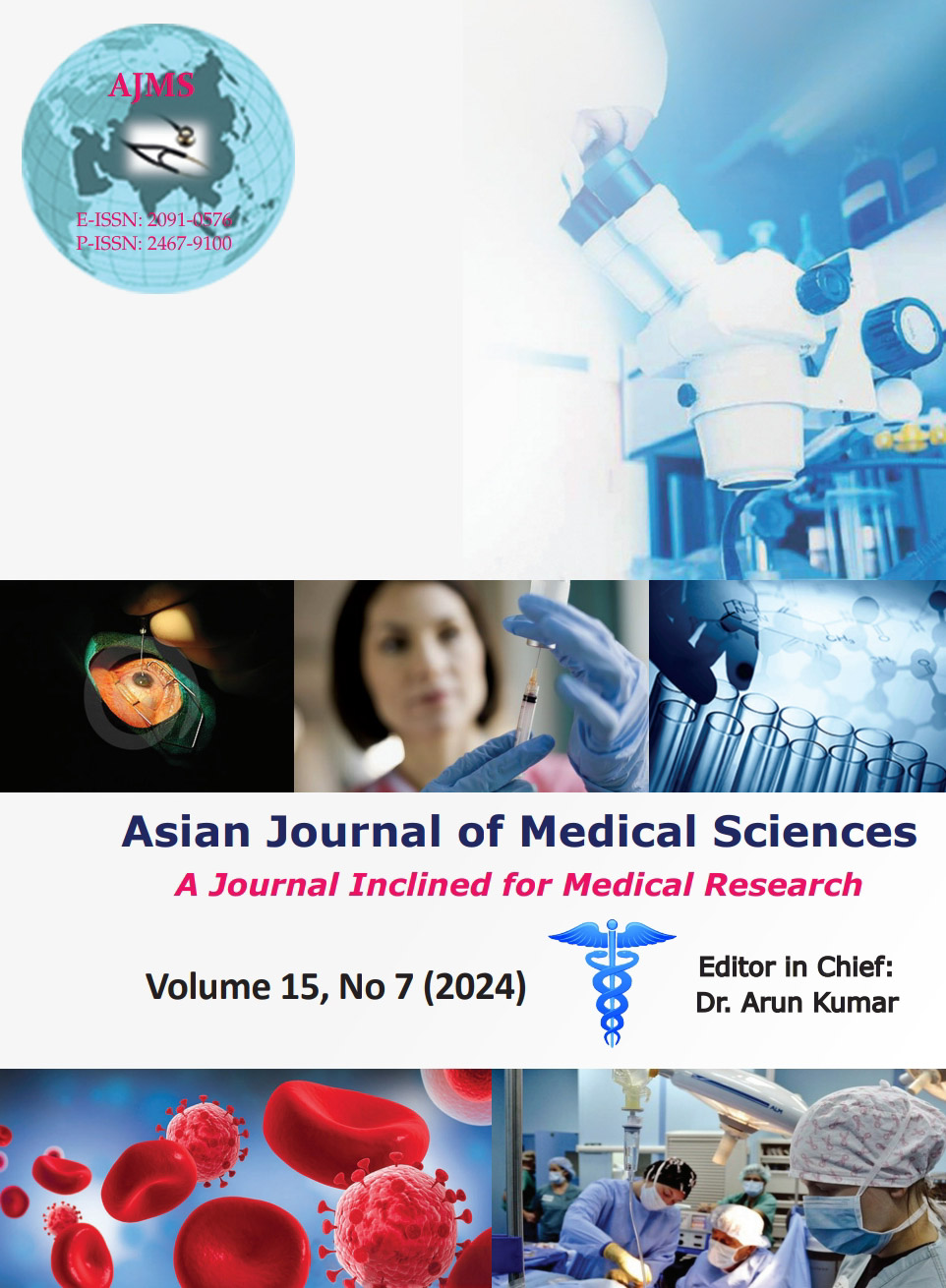Paternal influence on pregnancy: Setting the precedence
Keywords:
Metabolic reprogramming, Paternal influence, genomic imprinting, dietary influence, pregnancy outcomeAbstract
According to sociologist, Sylvia patriarchy is “a system of social structures and practices in which men dominate, oppress, and exploit women.” Derived from the Greek word patriarkhēs, patriarchy means “the rule of the father.” American sociologist Allan Johnson further mentions that patriarchy is a kind of society in which even though men and women participate, but is male-privileged, maledominated, male-identified, and male-centered. Apart from the sociologist’s point of view of society, it seems that developmental programs in biology also have a patriarchal trend. At least, that’s what is reported from several studies recently. Lopez-Tello et al., reported a paternal insulinlike growth factor 2 (Igf2)-related selective trafficking of maternal resources toward the fetus for its development. Metabolic demands for the fetus are enhanced during pregnancy. It is, therefore, observed that there is a relatively greater shunting of metabolic fuels toward the fetus to increase nutrient availability, more than it is perhaps allowed by the maternal system. The placenta assists in this shuttle by promoting insulin resistance, which leads to glucose intolerance in the mother. This glucose is now made available to the fetal compartments. The paternal Igf2 gene undergoes genomic imprinting, and only the copy inherited from the father is active. Paternally active Igf2 expressed in placental endocrine cells directs the maternal lipids and carbohydrates toward the fetus, an excellent example of paternal manipulation of maternal physiology and metabolic patriarchy. Further, studies have shown that fathers fed with a high-fat diet reduce the pregnancy success rate because of the reduction of their sperm motility. Excess intake of processed food, highsugar diets, or fructose has consequences on offspring’s cardiovascular and metabolic diseases. Males fed a low protein diet in mice results in glucose intolerance, metabolic and cardiovascular dysfunctions, and altered patterns of bone mineralization in pups.
We, therefore, can conclude a robust paternal influence on pregnancy and fetal outcome. Pregnancy was once thought of as an exclusively maternal affair. Increasing research in this arena seems to have smashed that stereotype with paternal influence seems to play a significant role in shaping the birth process. It is high time that Sylvia patriarchal understanding is redefined with the paternal share of responsibility beyond just dominance and an authoritarian role.
Downloads
Downloads
Published
How to Cite
Issue
Section
License
Copyright (c) 2024 Asian Journal of Medical Sciences

This work is licensed under a Creative Commons Attribution-NonCommercial 4.0 International License.
Authors who publish with this journal agree to the following terms:
- The journal holds copyright and publishes the work under a Creative Commons CC-BY-NC license that permits use, distribution and reprduction in any medium, provided the original work is properly cited and is not used for commercial purposes. The journal should be recognised as the original publisher of this work.
- Authors are able to enter into separate, additional contractual arrangements for the non-exclusive distribution of the journal's published version of the work (e.g., post it to an institutional repository or publish it in a book), with an acknowledgement of its initial publication in this journal.
- Authors are permitted and encouraged to post their work online (e.g., in institutional repositories or on their website) prior to and during the submission process, as it can lead to productive exchanges, as well as earlier and greater citation of published work (See The Effect of Open Access).




